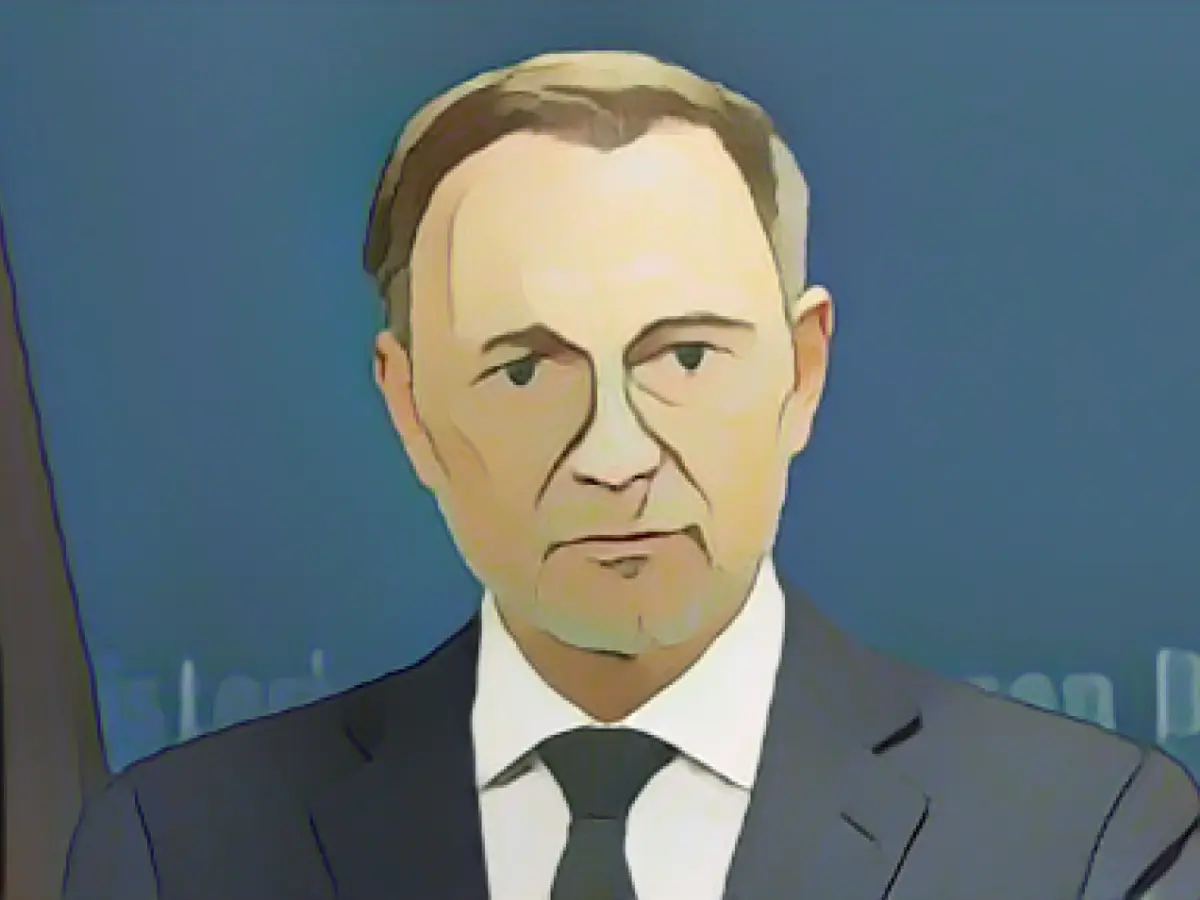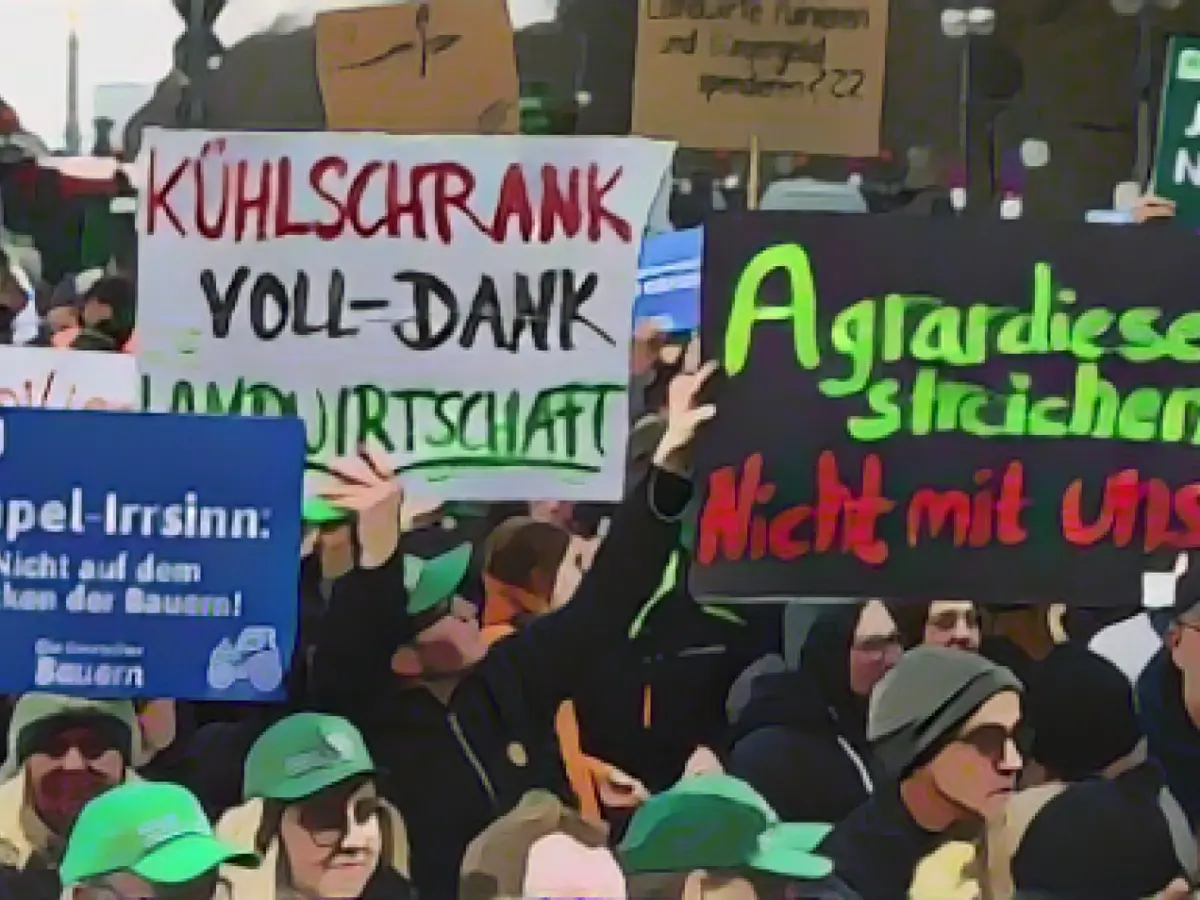In a bid to assuage the concerns of German citizens, Christian Lindner, the leader of the FDP, advocates for a balance between the rising CO2 price and relief for citizens in the 2024 budget agreement. The budget, agreed upon after weeks of deliberations, aims to close a €17 billion gap due to the Federal Constitutional Court's budget ruling.
Lindner justifies the reduction in welfare benefits for citizens by pointing towards the integration of Ukrainian refugees into the labor market. He argues that sanctions are necessary for those who refuse job offers, potentially saving €1.5 billion in the area of citizens' income.
Regarding the removal of climate-damaging subsidies, Lindner highlights the end of the tax exemption on inland shipping fuels. He adds that this tax concession will be used to finance tax relief for the manufacturing industry to the same extent, amounting to €3 billion.
Furthermore, the coalition government plans to eliminate concessions on vehicle tax for forestry and agriculture, as well as the reduction mechanism for the air traffic tax. These measures mark part of the broader effort to phase out climate-harmful subsidies.
From the realms of fact-checking and context: While the provided sources do not offer a comprehensive insight into the specific subsidy cuts and tax relief measures proposed by Lindner, we can infer general implications from the information provided:
- The AfD, an opposition party, proposes the complete abolition of CO2 pricing, which could significantly reduce fossil fuel prices for transportation and residential heating, primarily benefiting lower and middle-income households.
- Lindner's approach might involve a combination of fiscal discipline and potentially reduced subsidies or delayed environmental targets to balance the impact of increasing CO2 prices on citizens.
However, it is essential to emphasize that the specific details of these measures remain unclear in the sources provided.








